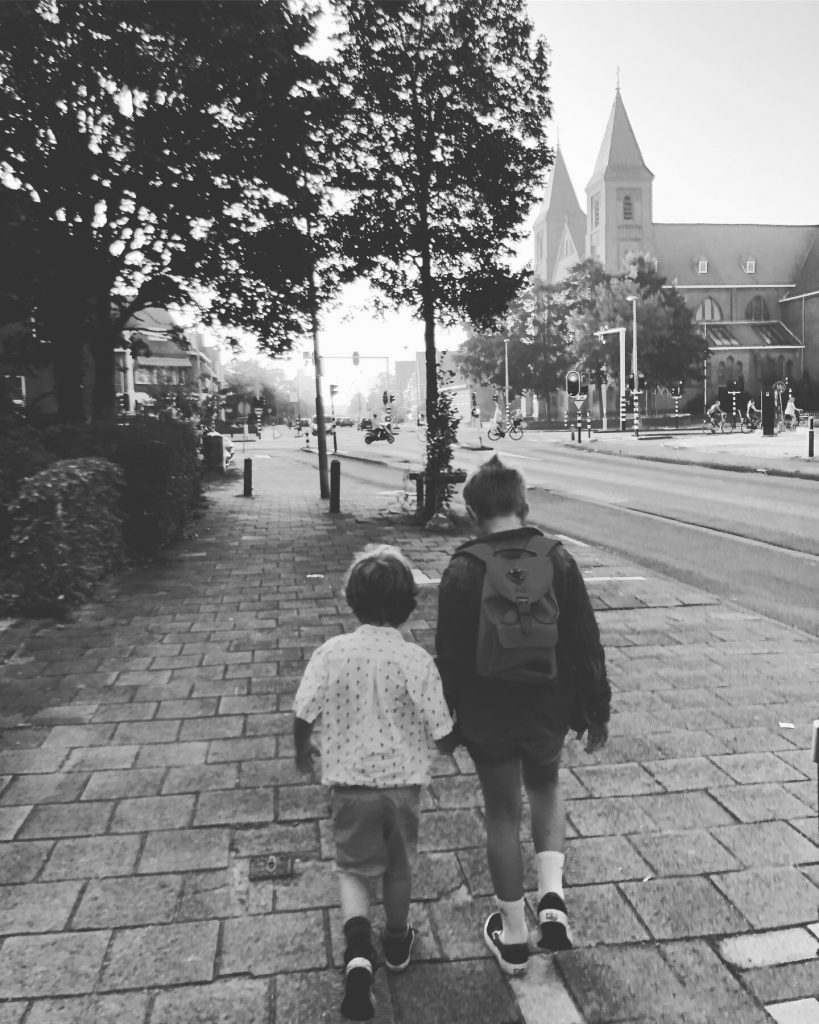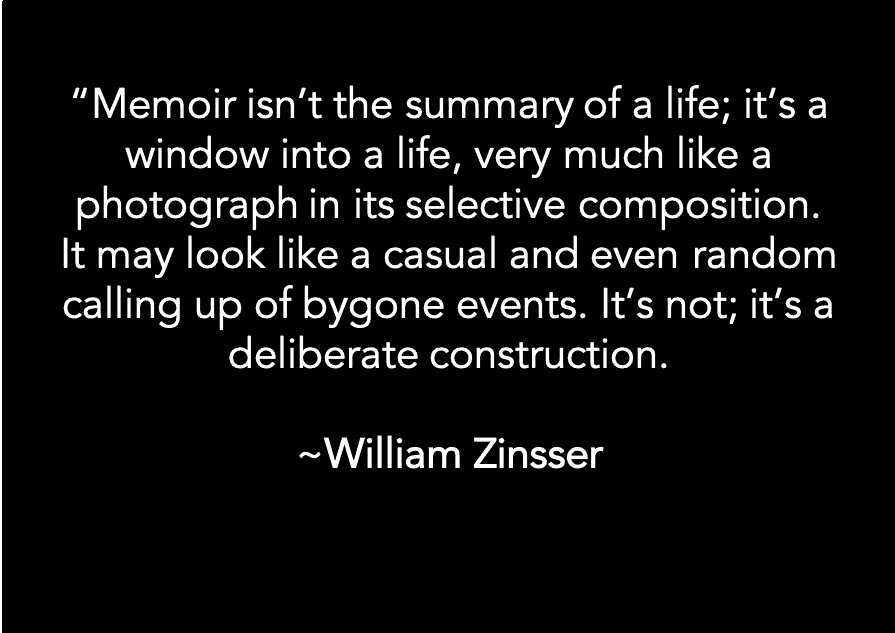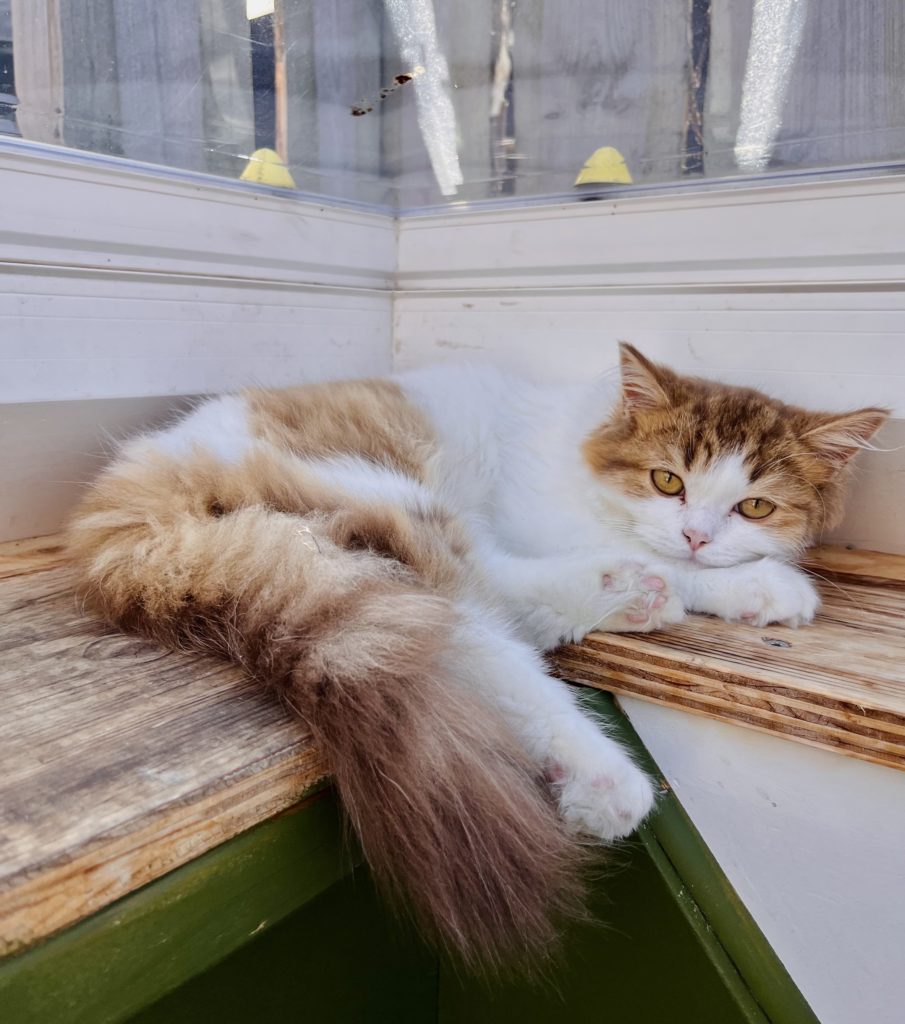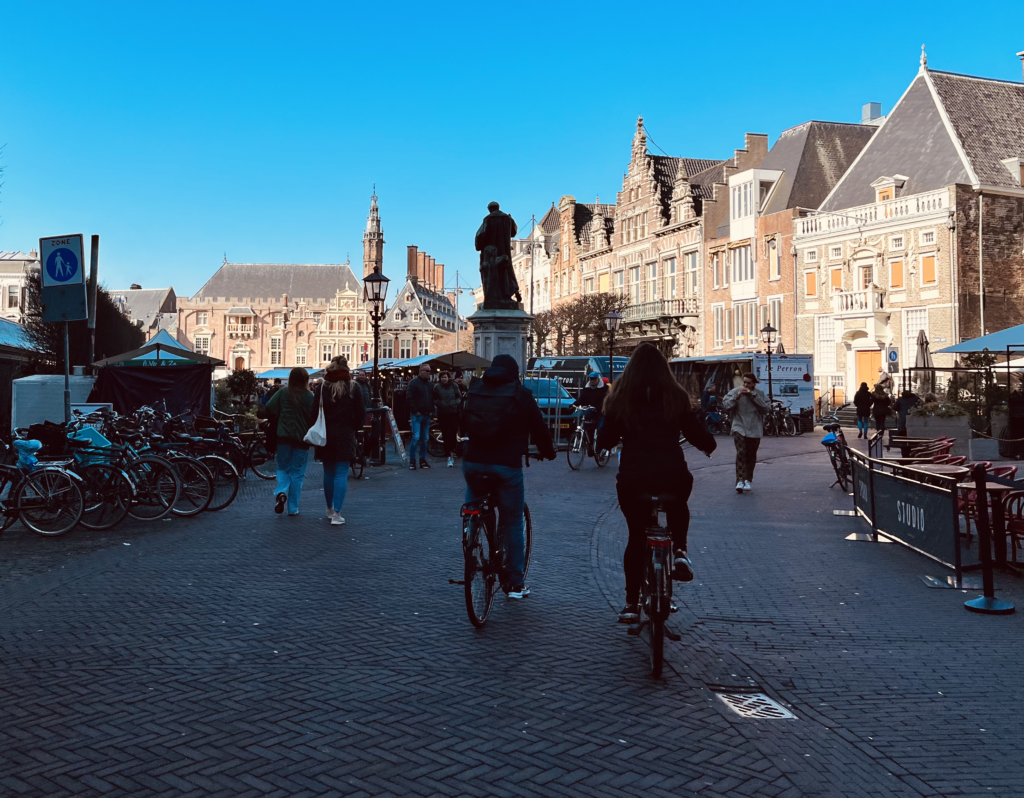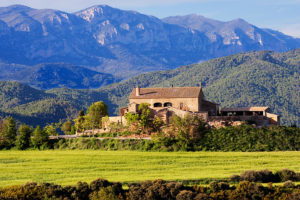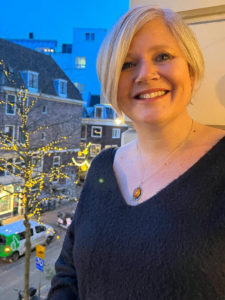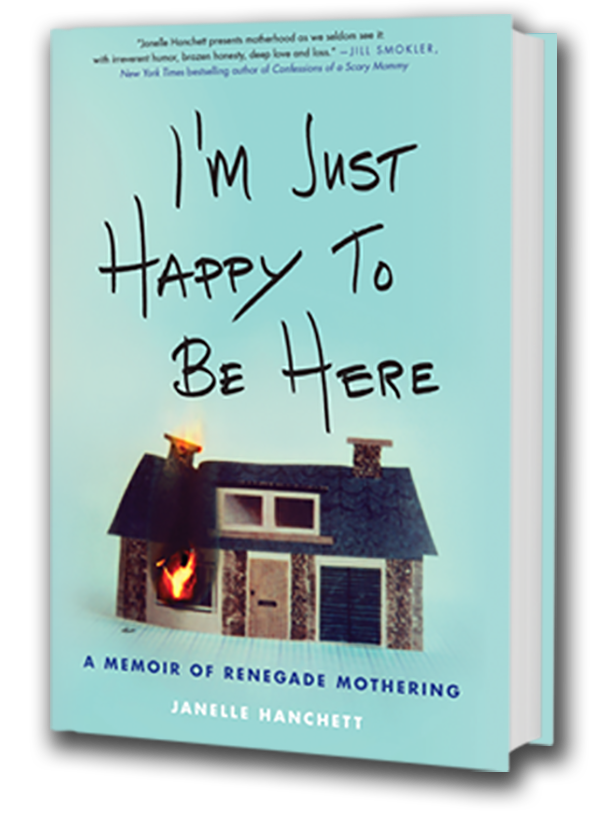Alright, we can drag this out and cry or we can simply say, “I’m archiving the blog and moving to Substack,” and focus on the next thing.
However, in my continued attempts to “actually feel things” because my therapist is a sadist with weird rules, I will tell you the truth: I have avoided this moment because it hurts.
In fact, it hurts enough for me to have ignored, for actual years, the writing on the mommy blog (fuck you) wall: I’m done writing about motherhood as a primary area of focus. And I’m done blogging, which you’ve perhaps observed through my habit of not writing blog posts. Once I knew this, though, I didn’t know what I wanted to do next. Also I had a small mental collapse but I digress. Where does one go when the mommy blog dies?
Again, stop calling it a fucking “mommy blog!”
I am not abandoning you, though: I AM MOVING TO SUBSTACK.
Pro tip: You can stop reading here if you want. I have shared the critical information.
I started Renegade Mothering in January 2011, which means I’ve written this for over 13 years. Can you believe it? We’ve been together a long time. Some of you started reading back when I had nine readers and five of them were trolls named Dan.
We’ve become online and real-life friends. We’ve hugged at book events. We’ve hung out when you came to my town for work. We’ve yelled at each other, and I’ve apologized, and you’ve apologized. We have yelled at each other and not even remotely apologized.
We’ve endured the Concerned Internet Brigade a thousand times over, hit with every holier-than-thou asshole on the internet reminding us IT WAS OUR CHOICE TO BECOME MOTHERS.
We’ve gone through some very serious shit, too. The murder of my grandmother. One or two or ten depressions, the 2016 election. Births, deaths, divorces.
And well, oh god—you all made me a writer.
I guess I’ve been a “writer” since the day the bishop’s wife in my church handed me a journal when I was 9 and told me to write every day, and I did, but you made a Writer (puke) in the sense that this is my life, my career. I published a book. I work as an editor and writing teacher, and lead retreats all over the world. I make a living from this. A dream.
I won’t forget the day I sat in my professor’s office in 2013 and told her I was going to forgo the PhD application. I said, “I just have to try being a writer. I think I can do it.”
The reason I thought I could do it was because you exist.
We’ve definitely had some fun: Jack Daniels, that time we were overtaken by second-wave feminists who hated us (?), that time I had to turn off comments because I said tidy houses were not a thing. The time I came out to you as an alcoholic. The time we crashed servers with a friendship manifesto. That time I wrote about Caillou and really offended those in support of tiny bald Canadians. And every single time one of you has commented or emailed that my words have resonated with you.
When I started this blog, my kids were 9, 5, and 6 months.
Arlo was the words “I’m never having a fourth child.”
I was so deep in it all, it seemed the all-consuming motherhood life would, in fact, never end. All those years I wrote to you from the thick of it.
But my house isn’t chaotic anymore. It isn’t loud and raucous. Getting out the door is annoying but because I am ignored by teenagers with no sense of urgency.
Only one kid can’t find their shoes and forgets we put them on every day.
Only one kid needs me to help pack his suitcase.
Only one kid even wants me to pick them up from school and only one needs me to help remember when it’s pajama day. THERE USED TO BE SO MANY OF THEM AND NONE OF THEM KNEW WHEN IT WAS PAJAMA DAY.
It isn’t that childhood is so fast; it’s that the time our families are full of needy children is not the entirety of childhood. Yes, they’re with us for 18 years. The house is a joy-hell clusterfuck for 10. Maybe 12. I guess more if we have a dozen kids.
Arbitrary numbers. Does it matter? The point is I woke up one day and it had all changed, and it really felt like that. Like one day the life I had known like air was just gone. And it isn’t coming back. This is the moment they all warned us about. And oh, how they irritated me.
One day you realize you have time. Hours alone each day. The Friday night movie and pizza tradition, once an explosion of blankets and pajamas and a nursing baby and screaming toddler – a movie never finished, pizza eaten cold—becomes just you, your husband, and the one kid who stays home with you sometimes.
“There used to be six of us all the time,” Mac says. I hit him on the arm and tell him he’s dead to me.
I do it to him the next week, finally giving away a toy all four kids played with, and the youngest has outgrown. I show it to Mac and say nothing – words are unnecessary — and he whacks me back. I think this is how we deal with our feelings. My therapist will be so proud.
What the hell will our lives look like when it’s just him and me?
People start telling you to look forward to grandchildren. Good god. Why is that so depressing? I always said my kids weren’t “all of me,” and I meant it. I had an identity outside of them then and I do now, and I felt erased by all the domestic, unpaid, unseen labor.
But oh, how simple it was to fall into the identity they offered me.
How active, how distracting, how forever calling for me. How warm to hold a little one. How soft their arms I could nibble, just a little, any time I wanted, to get a rush of meaning, calm, love. How simple to be married—no, how much easier to ignore a marriage—when you’re wrapped in and through the babies, one day tumbling into the next and no time to look around at each other, at the day, at the years.
And then they just don’t need you like that anymore, and you get to face how much of your existence was wrapped up in them, even if you partly hated it. Because it was right there. Because it was easier than the alternative (figuring out who you were outside of them). Plus, was there ever really a choice?
Fuck it. We’ve been here before.
What I’m trying to say is thank you. It’s been a beautiful ride. And it’s time to move on.
I’ve said what I wanted to say about motherhood, and now, I’ve got different shit to say–about my home culture, about what it means to be 45 years old, in a country that isn’t my own, with one kid gone, another close to gone – and me, looking forward to what comes after the mommy blog dies.
It may seem like I’m saying, “Welp, that was fun. Motherhood is over.” No. That’s not it. Parenting teenagers is the hardest phase of parenting I’ve faced. It is also distinctly more private.
What I am saying is this: My life is shifting away from what it was and toward the second half of this existence. While I sense a dwindling, an ending, I feel a budding sense of expansion — a desire to reclaim myself like some Oprah-approved lady novel, to find the parts of me I dropped along the way, to remember what it’s like to be a bit more alone.
Shit sure gets real, doesn’t it, when the kids start leaving and the parents start dying?
I feel myself in a strange, liminal space: Not out of the “old life,” unable to see the “new.” These are the cliches we ignore until we cannot anymore.
I want to write about all that. I want to write about how I’ve been changed by age, death, moving abroad. How I’m utterly done with the bullshit. How I am no longer willing to accept dumb shit from anyone, even if they’re on “our side.” I am a bit disillusioned, to be honest, with so much of what’s around me. I used to see the world in much simpler terms: good vs bad. Progressive vs inherently and completely evil (lol). Moving here complicated everything I thought to be True in those simple terms.
I want to write about that, about what I see, read, think, and wonder as an American walking around The Netherlands. I want to write about things I’ve learned while living here. The things I hate, which I’ve never addressed publicly before because it’s a lot harder. And the things I love so much I feel I can’t breathe sometimes in gratitude for being here.
I don’t want to be the “expat blogger.” I don’t want to be some “follow your bliss” live your dreams girl-wash-your-face Dutch version because I moved to a country that feels like utopia because America hates people.
You know I couldn’t be that anyway.
I want to bring the Renegade Mothering energy (eye?) to, well, everything else, only without the political ranting into the void. More on that in my Subtstack.
Anyway, what I hope brought and kept you here is identification. Not so much that we agreed on everything or lived the same kid life or that I never said anything that made you angry (as if that were possible), but rather that there was something in my words that struck something in your bones. That human level.
Why am I moving to Substack and not just shifting the focus of the blog? Because Mark Zuckerberg is an angel of death and I am tired of him deciding who sees my work.
Also, any day now I’m going to get banned permanently from Facebook. No for real if I get one more temporary ban I’m pretty sure I’m off the platform. I can’t write any sort of satire without getting “hate speech” bans, and even though when I argue them they agree it’s not hate speech, the bans are not retroactively annulled or expunged from your Big Brother FB record.
How is it that this billionaire frat tech bro and his dystopian AI zombie team determine what I see, what you see, who sees me, and what I am allowed to say about French people?
Look Mark, we all talk shit about French people because they’re better at everything and we’re jealous. GIVE US THIS.
Are you sensing some anger? I have anger.
In fewer words, I have no agency over my own writing, and I’m tired of being at the mercy of social media algorithms trained by data stolen from my friends.
With a newsletter, I can go straight to the inbox of those who want me. I HOPE YOU WANT ME.That sounded less codependent in my head.
On Substack, I’ll be writing essays on all the things we discussed here, plus quicker bits and observations, brief and low-bottom “reviews” of books I read and movies I see, and links to good shit as it comes into my life. Hopefully all of them are shorter than this blog post.
I don’t need to say goodbye–I am right here!–but I will tell you I have tears in my eyes as I write this, thinking of the first one I wrote, when I had something to say and no idea to whom I was saying it.
I had to find you. I had to trust you were there.
I feel the same way now, a little–unable to find what I want to read about being a human in times that feel just a bit too dystopian for our standard menu of bullshit. Ready to write what I’d like to read in these end times.
Thank you, Renegade Mothering. Thank you to my babies for all those years.
And with all my goddamn fucking heart, thank you.
Now let’s get the hell outta here.
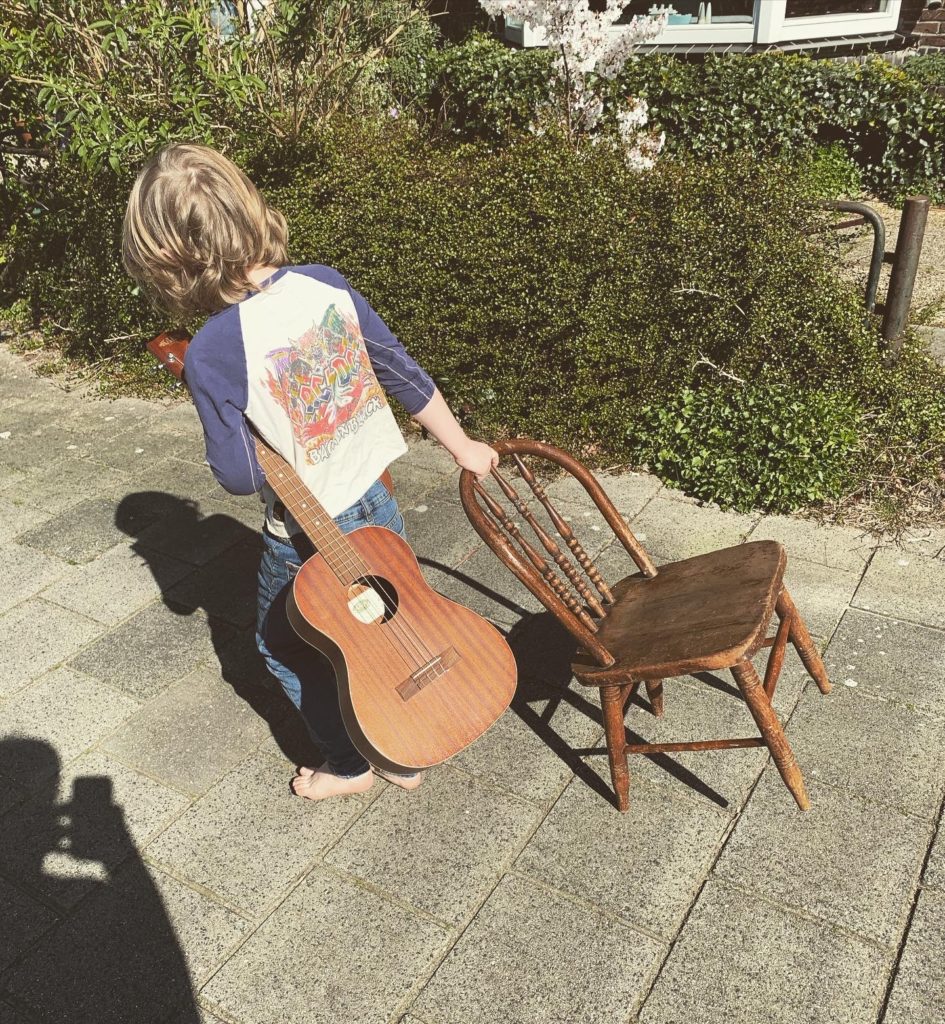
Like Arlo packing up his busking career, let’s fucking go.
Note: I am working on an author site that will eventually house my workshops, retreat info, etc., but the blog posts will ALWAYS be available, right here, as they are now.
